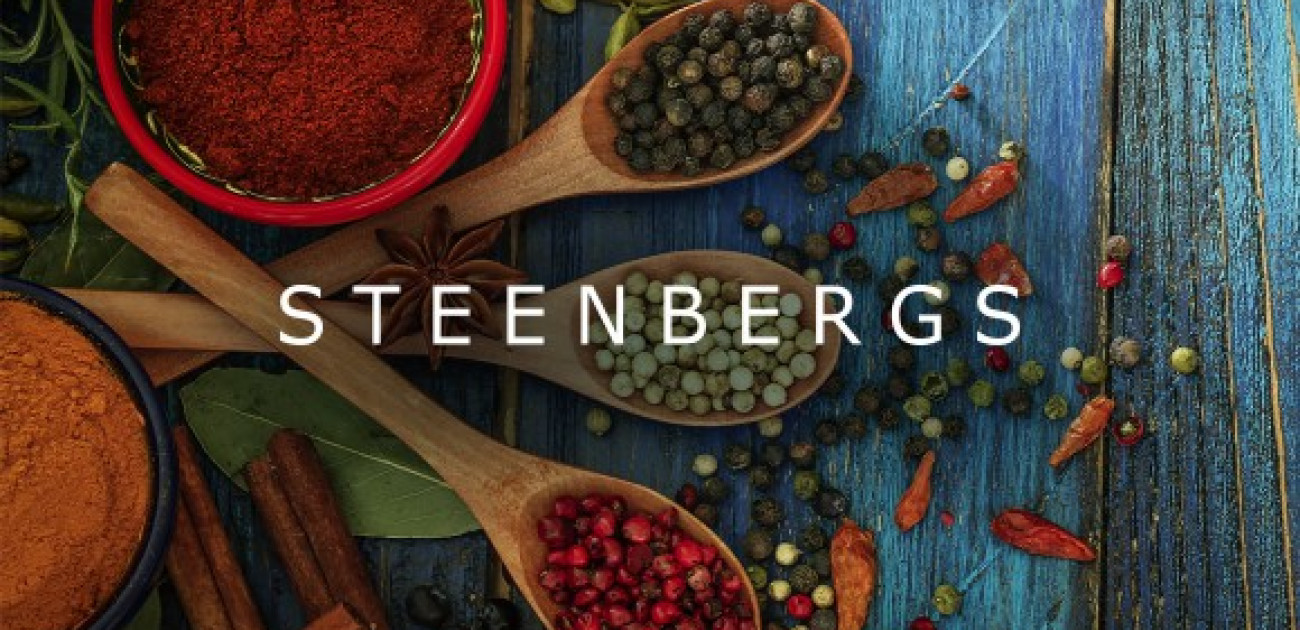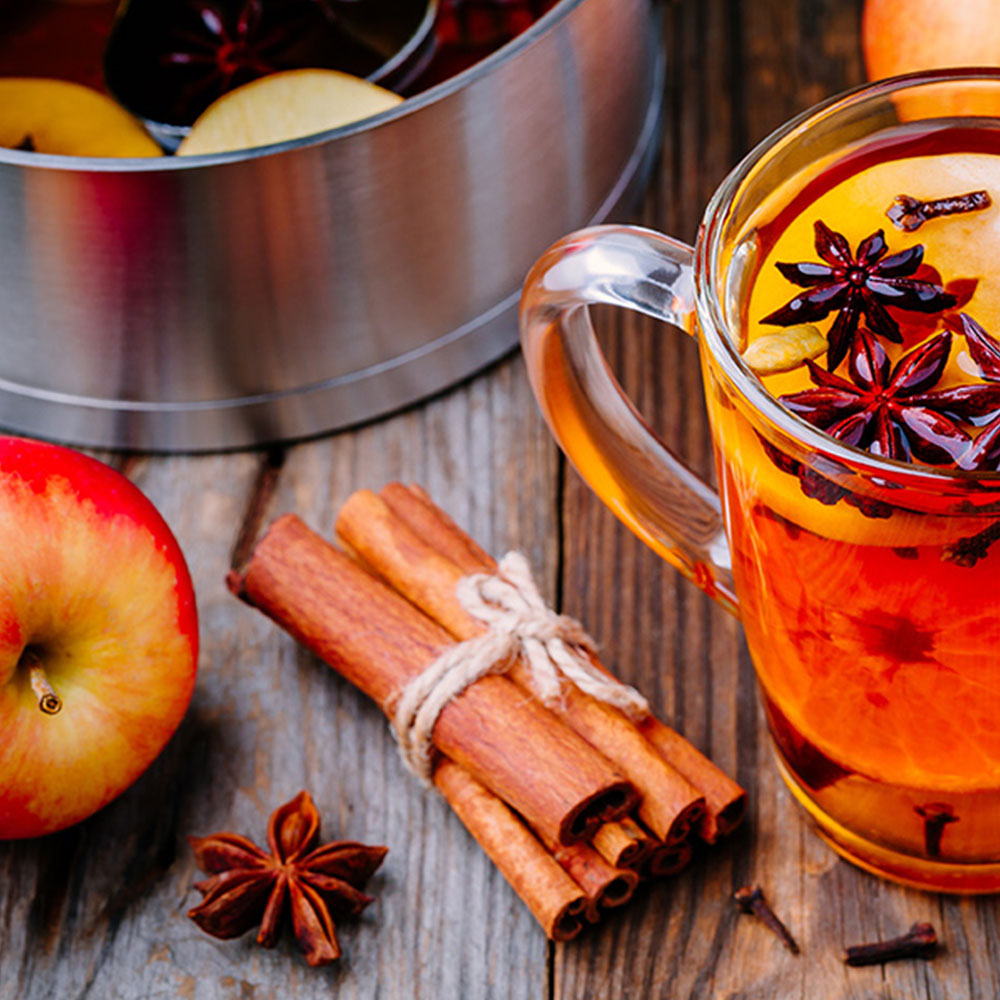02 October 2011
The Sound of Northumberland

I have been to listen and watch Kathryn Tickell twice over the last month, once in Ripon and then at the Sage with her new show, Northumbrian Voices with her band and her dad - actually her dad, Mike Tickell, also came to the show in the Holy Trinity Church, Ripon. She is a great virtuoso player of the Northumbrian small pipes and fiddle, plus there is a togetherness as the core of the Kathryn Tickell band is herself and her brother, so like all great traditional musicians they can move the set around, play different pieces and just wing it as they needed to do in Ripon with their accordion player not there. And like all natural musicians who are completely confident with their instruments and repertoire, they are often best when they need to tweak, change and stretch themselves rather than just play the same old routine when they would rather have a glass of beer, wine or put their feet up and read a book!
I feel she plays her best when the songs are a bit darker and bleaker, or more frenzied and manic, than those that are lighter or the jollier dances. Perhaps she laments, quite rightly, the loss of the traditional livelihoods that have shaped the North, whether it's the fishermen, the pitmen or farmers that scratched a tough life from these beautiful, but unforgiving, lands, to be replaced by softer jobs in tourism or banking. Somehow, the harder times made for better music, a deeper understanding and enjoyment in our landscapes and seascapes, as well as those times of rest and the spaces and gaps we used to have in our lives that were not filled with adrenaline kicking, speed filled modern media. No time to reflect, no pauses and no spaces, as well as a detachment for the physical world we actually live in. Also, perhaps a loss of contrast between the genuinely hard graft and relaxing down times makes it difficult to enjoy simple pleasures.
So her Wild Hills of Whannies is bleak, windy and wet like Steel Rigg, Haughton Common or the Cheviots up by Wooler, before you get the livelier and freer bubbling and flowing of the burns after the flood through the middle of the tune. In contrast, Billy Pigg's version has a more joyful, playful relationship to the same countryside. And I loved the slow, mournful lament for Stonehaugh Community Centre that morphed into a livelier jig that brought back memories of functional community halls and dances, whether country dances or more often than not cheesy disco music. Then later she played her version of Bill Charlton's Fancy. The sounds were different but the function was the same, people came together from their farms, crofts and houses and had a good crack. In the days before MP3 players, multichannel TV and digitised everything, that was the height of fun and it kept the mischief controlled and somewhere close by. Innocent and largely without too much real badness.
But I love their sounds as her Northumberland is still my Northumberland, although for me a river always runs through it, the Tyne, and the smell of the sea is never that far away. So whether I was swinging on a tyre swing over the North Tyne by Chollerford or swimming in the Tyne at Bywell, or holidaying by Seahouses, or playing kick-the-can in Bell's Valley by Fredden Hill, her sounds have that doleful, dreich feel that is the bleakness and beauty of Northumberland. But that's its soul, my soul, and I wouldn't have it otherwise. Yes, there is, and always has been, much fun to be had, but it is hard won and deserved - especially for us who bear the cross of support for the Toon - and a laugh will be deep and unrestrained, but underneath there is not too much softness, more hard rock covered in moss.
This feeling for a land shaped by the hills, rivers and sea was even more closely followed with the Northumbrian Voices show. For example, the Song for the North Tyne by Mike Tickell specifically told of the changes wrought to the Tyne and the valleys by the building of Kielder reservoir and forest.
This was a country music show that was pure Northumbria (except for the country sounds from Hank Williams' Your Cheatin' Heart) and was filled with stories and sounds shaped by hills, snow and sheep. The music and songs were played by Kathryn Tickell, Julian Sutton (melodeon), Kit Haigh (guitar), Patsy Reid (fiddle and viola), Hannah Rickard (voice and fiddle) and Mike Tickell (voice). Then there were words transcribed from conversations during the spaces in recordings, covering stories about traditional knowledge and ways of life that have gone or almost gone; whether these are how to look after sheep or how to look after the hill farms or passing down knowledge between generations in hefted flocks on where to graze.
Yes, life is wealthier and there is more sparkle and glamour in towns and cities, where the shopping is way better, however I do agree and feel that somehow we are culturally poorer as we loose these simple bits of knowledge that have been learnt over 100s and 1000s of years, whether it is how to shepherd the hills or fish the North Sea, and how to dance a reel especial to a particular valley. We have destroyed our communities, we have chucked away our local culture and replaced it with global media and music that has no connection back to the land. I worry that there will come a time when we will need to go back to the land and our hands and heads will be too soft to know what to do and unlike the Pilgrim Fathers in America there will be no-one with the local knowledge to help us. And as Clive Aslett in The Daily Telegraph wrote - who would want to bring up their children as country bumpkins - well, me actually.
Once again, I was drawn to the melancholic that seems to fit the sound of the pipes, so the Pipes Lament and the Carrick Hornpipe that told of cold winters and changes that continue to be wrought to the land, for better or the worse. But perhaps, it was even better to just hear and sing some of the old songs that have no time to them but plenty of spatial context - Canny Shepherd Laddies of the Hill, Duns Dings A', Hesleyside Reel and Small Coals and Little Money.
All in all, a bunch of really great shows and something we would be really proud of if we were in the USA, but here it is just so not mainstream and we prefer the fantasies of Britains Got Talent and X Factor than a more solid and honest local music.




